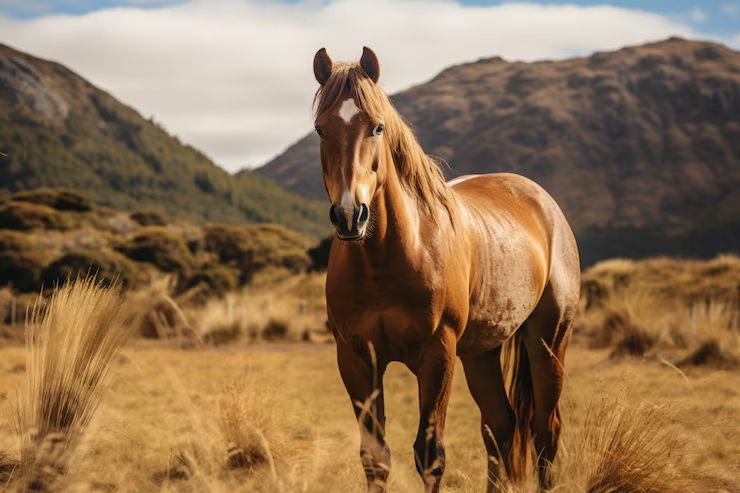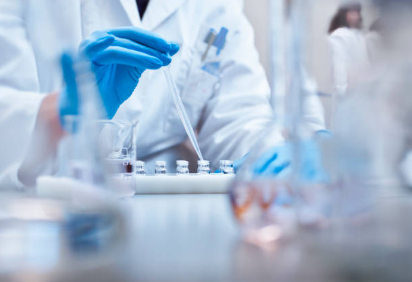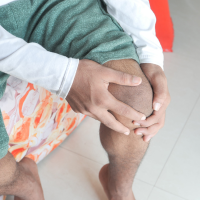Horses, especially those involved in daily performance or strenuous activity, rely significantly on a strong musculoskeletal system for movement and function. Collagen, a vital protein matrix of connective tissues such as tendons, ligaments, skin, and cartilage, is the primary means of maintaining structure and flexibility. If a horse’s body lacks collagen, the signs begin mildly although ultimately, in the long run, they become significant on mobility as well as overall well-being.
Identifying early signs of collagen deficiency allows horse owners to make the right decisions regarding nutrition, lifestyle, and supportive supplementation. Here are some of the most common signs that indicate your horse is deficient in collagen.
Stiffness when Moving
The initial indication that your horse needs collagen is stiffness, especially in the initial stages of exercise. You may also find that your horse does not want to go forward, make tight turns, or shift gaits. This is not necessarily joint or age-related—it may be an indication that the connective tissues are not operating at their best.
Collagen in horses keeps tendons and ligaments firm. In the absence of collagen, tissues become stiff and non-supple, diminishing the mobility of a horse.
Delayed Recovery after Exercise
Sore or abnormally tired horses following standard training sessions may be experiencing inadequate recovery. Collagen is involved in the structure of cartilage as well as in the shock-absorbing elements of joints. Overwork fatigue is certainly possible, but chronic pain following work may mean that the body of the horse is not getting the basic proteins to enable tissue repair.
Collagen supplementation and a review of your horse’s conditioning program may also be added options to encourage healthier recovery time.
Visible Joint Sensitivity
If your horse is light sensitive over the knees, hocks, or fetlocks, then this can be an indicator of stress to adjacent joint structures. Always have your veterinarian check to determine if something else is wrong, but not having sufficient collagen in joints and in soft tissues that surround joints can impact how well the body can handle normal movement.
Joint supplements for horses are something that horse owners will look at as a way of encouraging overall joint health. Collagen supplements are certainly something to consider as a general wellness option.
Dull or Poor Coat and Hooves
Collagen has a structural role in joints, as well as in skin and hooves. A dull or dry coat or chipping, cracking hooves may mean that your horse’s body is short on building materials like collagen. These are usually external manifestations of internal processes, so be aware of them as a sign of general health.
As with any feeding problem, a good diet, fresh water, and regular farrier care are required, but there can also be additional hoof and skin support with horses on collagen.
Visible Muscle Weakness or Wasting
Collagen doesn’t only play a part in connective tissue it helps hold the scaffolding around the muscles, keeping them in shape and tone. In other horses, horses suffering from collagen deficiency can appear to lose weight in certain areas, like shoulders, haunches, or back. Even loss of muscle might result as well from inadequate exercise or other disease, but ask yourself whether or not collagen input is adequate to fulfill the physiological demands of the horse.
Specifically among older or well-conditioned horses, muscle condition must be closely monitored for changes that can indicate structural imbalances.
Reduced Tendon and Ligament Flexibility
If your horse is also stiffer, particularly in the legs, it may be the result of a reduced elasticity of the tendons and ligaments. Collagen keeps these tissues supple so that horses are able to move economically and dissipate the shock of such activities as jumping, galloping, and turning. A reduction in collagen might result in stiffness or greater vulnerability during exercise.
Owners can observe this by means of changes in gait, unwillingness to hold a position for a considerable time, or decreased stretching exercise during warm-up.
Changes in Joint Performance with Age
Collagen synthesis slows down with age in horses. Mature equines can present with a higher incidence of symptoms associated with collagen insufficiency, such as diminished fluidity of the joints, stiffness during cold weather, or general dullness. Although some of the alterations are directly associated with the aging process itself, attention to nutritional intervention will enhance the quality of life in mature animals.
Collagen-fortified equine joint supplements could be a component of an overall senior management regimen, especially if formulated to provide integrity of the connective tissue.
Final thoughts
Lack of collagen in the horse may manifest in various ways—reduced flexibility, slower recovery, dull coat, and changes in movement are all possible signs. Since collagen as a structural protein is critical to the integrity of connective tissue, even subtle imbalances impact physical comfort and performance in the horse. Although it is always best to have your vet examine your horse for a thorough evaluation, nutritional supplementation may find a place as a general support.
One such product choice for horse owners is OptiWize Collagen Plus, a product designed to support collagen levels through advanced nutritional formulation. When used as part of a balanced approach, it may complement an active horse’s daily routine by providing key structural nutrients.
As always, every horse is unique, and making informed choices about supplementation and care can contribute to their long-term well-being.



